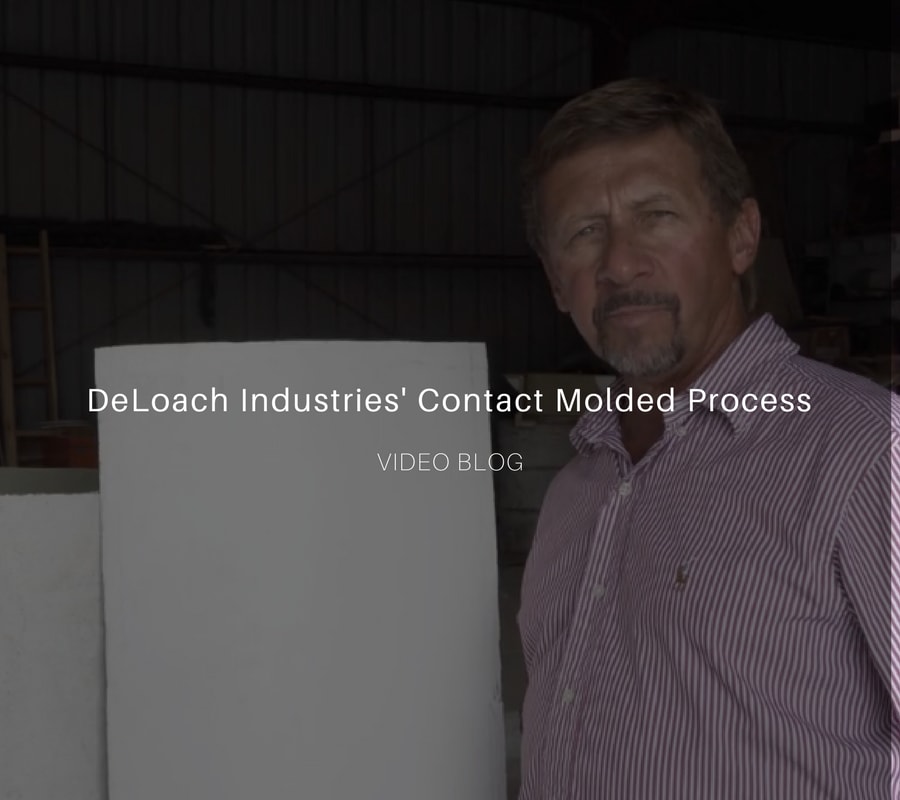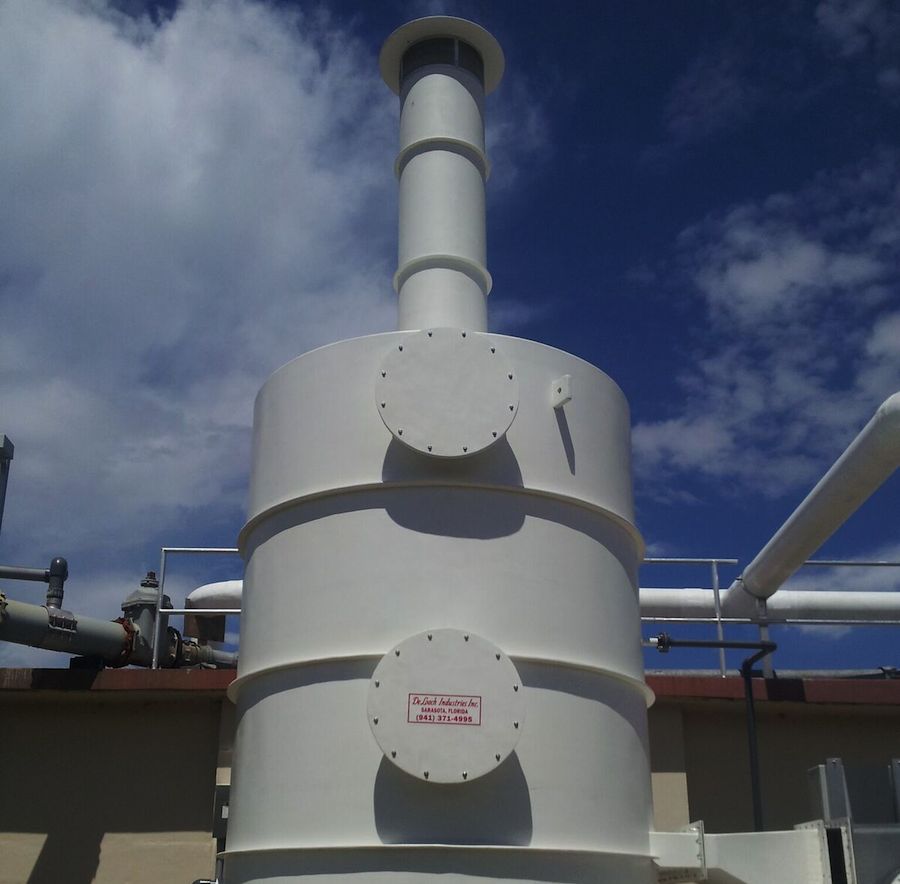Following NSF/ANSI 61 regulations when designing and selecting the materials for the manufacturing of water treatment equipment.
It is important to understand what regulatory standards or constructions standard may be required to be compliant. This includes the designing and fabrication of systems such as reverse osmosis utilizing membrane technology, decarbonation of Carbon Dioxide, degasification of Hydrogen Sulfide, and water filtration for the removal of micron particles from potable and nonpotable water processes.
One requirement that engineers and manufacturers often encounter is called NSF /ANSI 61. NSF is an international and nonprofit, nongovernmental organization that is focused and dedicated to public health and safety as it relates to potable water systems and their components. NSF/ANSI 61 developed and established minimum requirements for the control of potential adverse human health effects from products and their components that contact with drinking water.
DeLoach Industries Inc. manufactures multiple types of water treatment equipment and adheres to strict compliance with NSF/ANSI 61 standards with all of their manufacturing procedures and practices. This strict adherence assures owners that water treatment equipment like decarbonation and degasification towers, reverse osmosis, and ion exchange that the equipment and material are all in full compliance with the NSF/ANSI 61 requirements.





